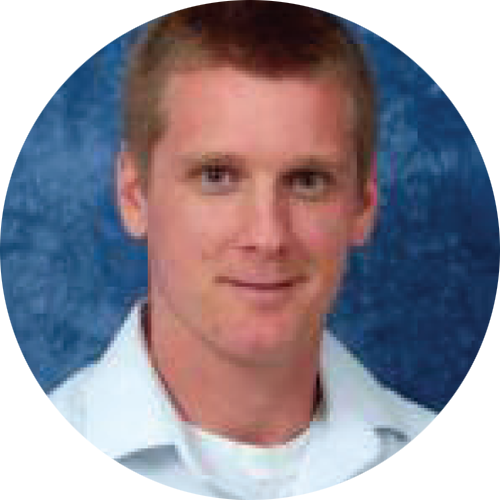Virginia Tech, Matson Research Group
Q: What is the focus of your lab’s research?
A: The development of macromolecular materials that combine synthetic polymerization techniques with the capacity of peptides and other biologically relevant molecules to participate in supramolecular interactions will lead to a variety of new responsive materials. When applied in vivo, a vital characteristic of these new materials will be their biodegradability, allowing the carrier to break down into benign metabolites. My lab focuses on the synthesis of biodegradable polymeric and self-assembling structures and their application in a broad variety of fields, including regenerative medicine, cancer therapeutics, drug delivery, and signaling gas delivery.
Q: What was your previous work flow or challenges?
A: We make and purify a lot of peptides, some of which are unstable under preparative HPLC purification conditions. By using rapid MS analysis to confirm the identity of an HPLC peak, we can quickly workup the product-containing fractions before they decompose. This was nearly impossible before we moved to the Advion system. Our peptides routinely have molecular weights in excess of 2000 g/mol, which we can identify by looking at multiply charged species. We use the expression® CMS for characterizing peptides several times during a difficult synthesis to optimize our synthesis and purification methods. My group has also found that the CMS system is extremely helpful in small molecule synthesis, where we use it to quickly verify that a product has formed in a reaction before proceeding to workup and isolation steps.
Q: Why did you incorporate the expression® CMS into your laboratory?
A: We incorporated the CMS system in our lab to speed up workflow and to enable us to synthesize peptides and peptide conjugates that are deliberately unstable. It has sped up small molecules and peptide synthesis as well as allowed us to do qualitative decomposition studies on our compounds.
Q: Who would you recommend to purchase the expression® CMS?
A: I think that nearly any lab that does significant small molecule and/or peptide synthesis would benefit from this instrument. There is no substitute for having a mass spectrometer a few steps away from your bench. Analyses require very little sample and are often as quick as a few minutes, making the CMS system a more efficient analytical technique than 1H NMR for rapid product confirmation.

